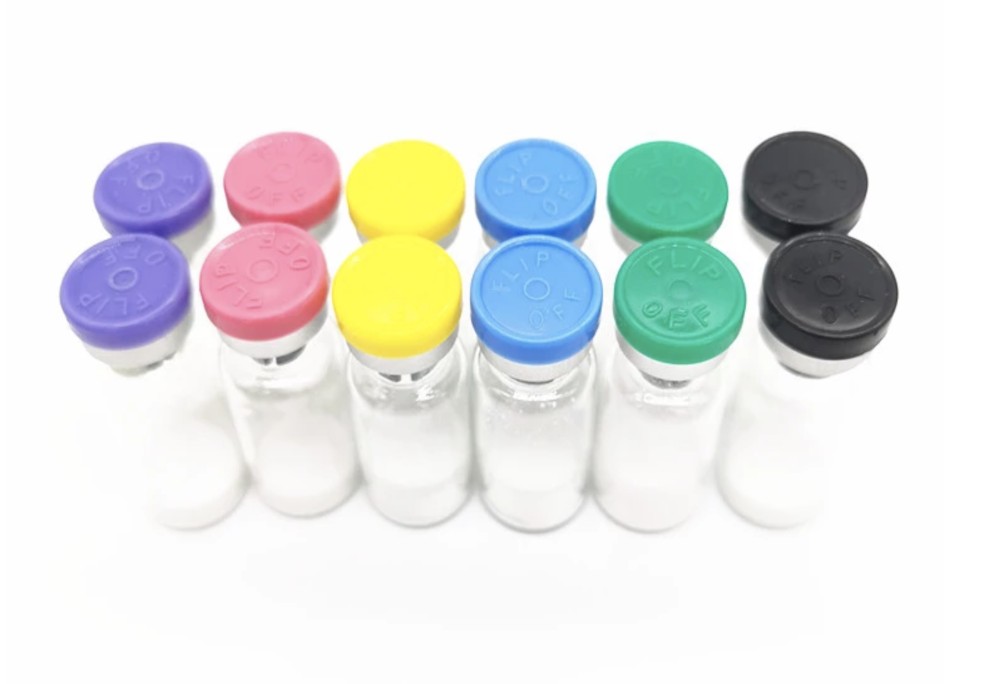Oxytocin is a vital hormone that is produced in the hypothalamus region within the brain and released into the bloodstream by the pituitary gland situated at the base of the brain. Owing to its link in promoting romantic and sexual feelings, oxytocin is clubbed together with dopamine, serotonin and endorphins, as one of the four “happy hormones”.
Oxytocin is responsible for important functions during pregnancy - facilitating the contraction of the womb at the time of giving birth, as well as in the lactation phase – supporting the passage of milk via the ducts in the breasts and its subsequent discharge from the nipples. Though these roles only pertain to women, oxytocin is also synthesized in the systems of men, preserving the transport of sperm and production of the key male reproductive hormone – testosterone. Furthermore, oxytocin influences how humans shape their close romantic relationships including intimate sexual bonding and trust, thereby also being commonly called the “love hormone” or “cuddle chemical”.
Oxytocin acts on many organs in the human body including the breasts, uterus in females, the testes and vas deferens in males, as well as the brain. It is involved in many crucial operations, като:
1.Promoting the contraction of the smooth muscle lining of the uterus during childbirth in pregnancy
2.Preserving uterine contractions and lowering the risk of bleeding in the postpartum phase i.e. the period following pregnancy and childbirth
3.Enhancing contraction of myoepithelial cells in the breasts, which release milk from the alveoli into the ducts in the nipples in the lactation period
4.Stimulating the production of testosterone – the male reproductive hormone, for sexual wellness in men
5.Activating the contraction of the vas deferens – the ducts in the testes and the prostate gland in males, to emit sperm during sexual activities and intercourse
6.Augmenting the contraction of the uterus and vagina in females, to aid in the transport of sperm into the fallopian tubes during intercourse
7.Fostering healthy behaviours, social bonding, close relationships of love, romantic affiliations, trust and parental connections
8.Improving mood and mitigating negative emotions, depression and anxiety






















